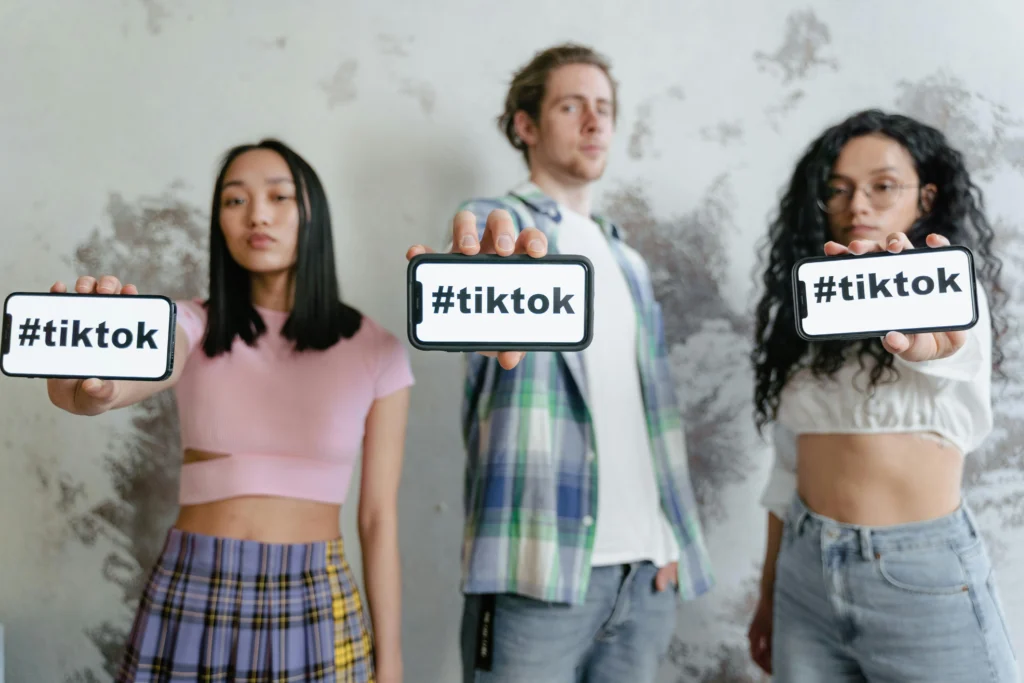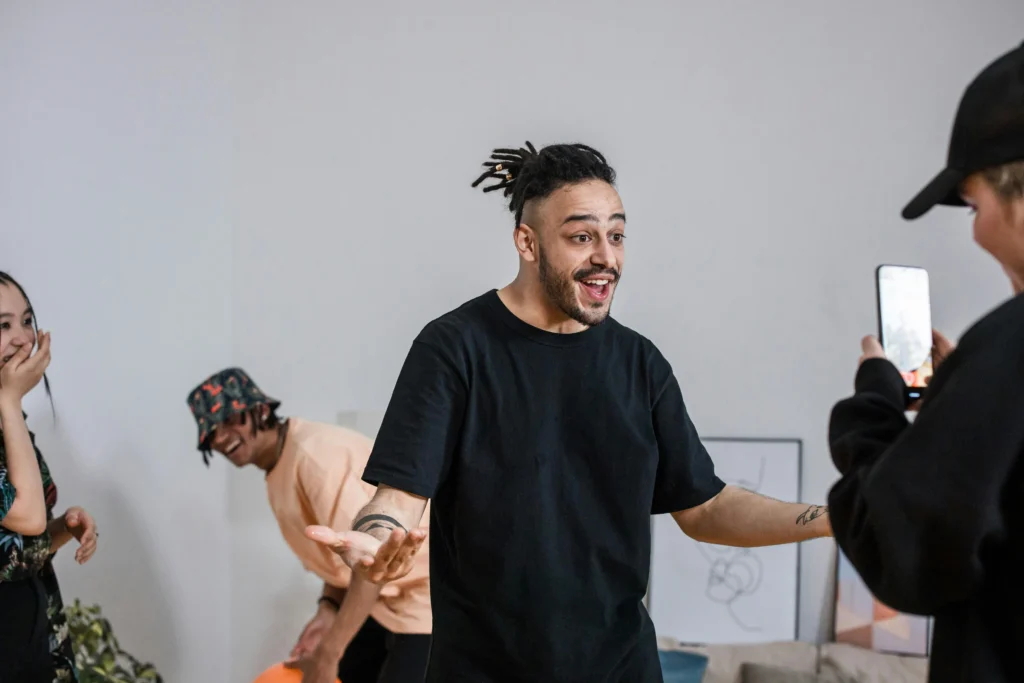
TikTok is a dominant force in digital culture, especially for younger users. But is it changing the way we remember and focus? TikTok can be a powerful platform to enhance creativity and share our personal memories, but it can also compromise our brain’s capacity to remember and retain information if used irresponsibly.
How TikTok is Impacting Memory
In a similar fashion to how slot machines engage players with “random reinforcement”, TikTok uses random reinforcement to keep users engaged with its algorithm. When users watch an engaging TikTok video, it releases dopamine, so they keep scrolling. Research suggests that using TikTok excessively can decrease attention span and disrupt short-term memory, especially in young audiences.
Learn how it affects mental health.
TikTok and Collective Memory
Users also share a nostalgic experience with TikTok, as they share clips of them as children or old photographs. There is a shared experience of remembering in different ways. By watching short, fast content on TikTok often, it may condition our brains to want instant information each time we turn to an app or social media platform – which may affect future long-term memory performance.

See example.
Expert analyses
Conclusion
In the end, TikTok provides a rich platform for creativity and connection with people, but using it mindfully is necessary to safeguard memory and cognitive health.
In-depth Analysis: TikTok, Memory, and the Speed Culture
Aside from our own individual memories, TikTok symbolises a larger societal shift toward speed and instant gratification. A typical TikTok video is approximately 15 to 60 seconds long and invites the user to consume hundreds of clips in a brief amount of time. Such short, real-time content has the ability to over-excite and overthink the brain, thereby making it more challenging to engage in slower, long-form thinking like reading, studying, or carrying on in-depth conversations with other people.
This phenomenon is often termed the “TikTok Brain” and depicts that, over a sustained period of time, users may lose their ability to be patient or understand delayed gratification. Research from Renū Counselling has shown that this can actually decrease the tolerance for slower, more meaningful cognitive processes, including deep learning and reflective thinking.
Another area of concern is the degree to which TikTok may impinge on memory consolidation. When the brain is yanked from object to object by constantly changing stimuli, it becomes increasingly difficult to store things in longer-term memory, both of which have consequences for educational performance, creativity, and emotional intelligence.

To be clear, TikTok itself does not automatically mean harm. If we are mindful of our consumption—not spending endless screen time on clips or only curating content that is educational or inspiring—TikTok can provide an opportunity for increased knowledge, love and connection, or storytelling.
Millions of people incorporate TikTok into their daily habits; experts have started to refer to a new phenomenon called digital amnesia. This term describes the condition in which individuals rely on digital platforms to house and retrieve information, ultimately diminishing the natural process of memorising things. Instead of individuals recalling facts, moments, or even what they need to do, they are now completely reliant on algorithms and previously saved material.
TikTok’s personalised feed, or “For You Page”, constantly changes based on user behaviour – specifically, likes, shares, and watch time. Though it allows content to feel relevant, it also builds an echo chamber of content that is replaced even more quickly. Sure, there is entertainment value, but in many cases, content is not being processed, let alone retained.
More on the topic:
Digital Amnesia Explained
The TikTok Effect on Learning
Aside from our own individual memories, TikTok symbolises a larger societal shift toward speed and instant gratification. A typical TikTok video is approximately 15 to 60 seconds long and invites the user to consume hundreds of clips in a brief amount of time. Such short, real-time content has the ability to over-excite and overthink the brain, thereby making it more challenging to engage in slower, long-form thinking like reading, studying, or carrying on in-depth conversations with other people.